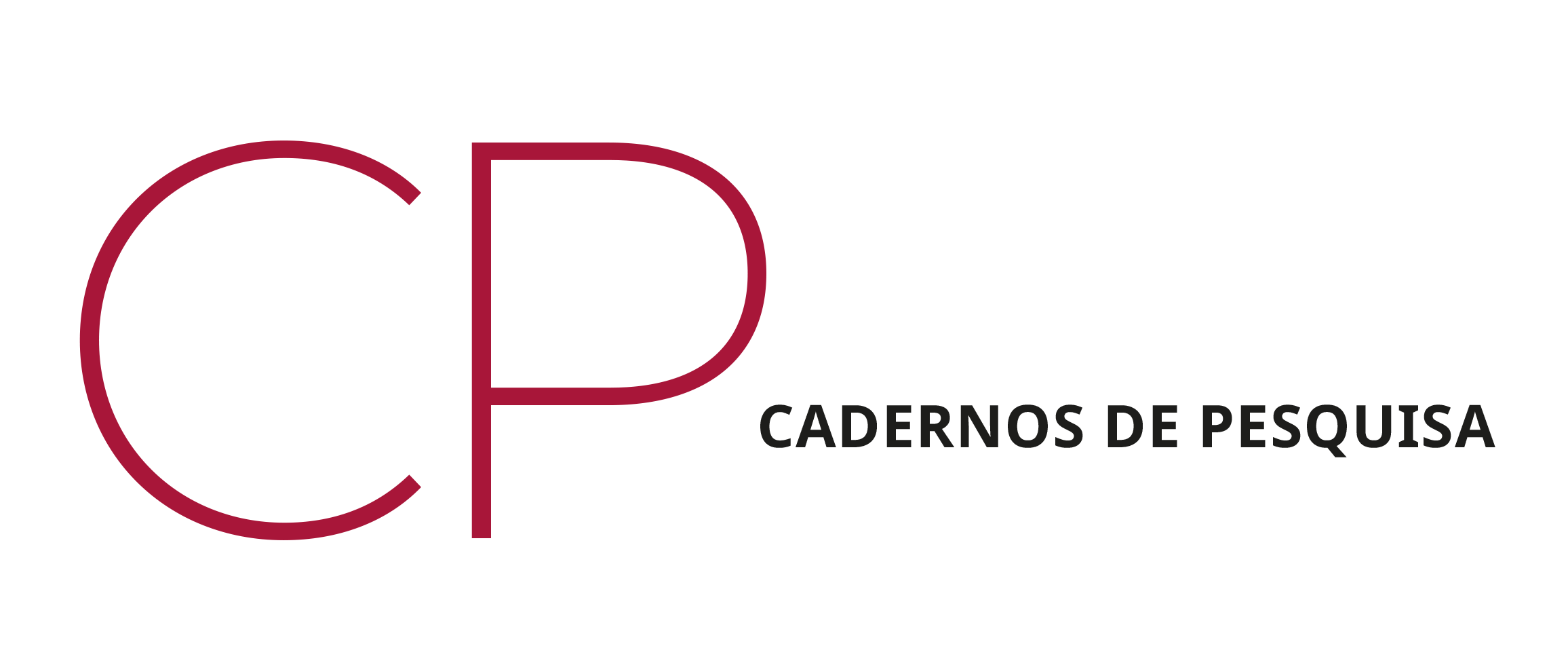This work explores the growing demands for increasing access to higher education at a time when discussions on equality of opportunities at the level of compulsory education are shifting to higher education. Since the late 90s, free and non-profit higher education preparatory courses, representing the interests of new groups of pupils completing basic education, have been on the rise in social movements oriented toward underprivileged segments of the population. Public universities of the State of São Paulo, sensitive to the social needs of inclusion, have also taken actions favoring access and permanence of these social segments in their courses. This work analyzes the ambiguities and openings found in preparatory programs for higher education, referring to the Pro-University Student Program, which was developed by the University of São Paulo in partnership with the State Secretariat of Education, focusing on pupils from the state school system, studying at the last grade of basic education. This study provides a profile of the students, analyzing the effects of this type of initiative on young people's relations with knowledge and on the construction of their identities. It suggests that an affirmative action for inclusion of young people from popular segments of society in public institutions of higher education requires an educational approach in which socialization and learning are closely connected. The acquisition of preparatory knowledge to take entrande examination is not seen solely for its instrumental value. In fact, it acquires other meanings such as a new way of looking at the world and of relating to the self and the other.
AFFIRMATIVE ACTION; HIGHER EDUCATION; COMMUNITY EDUCATION
